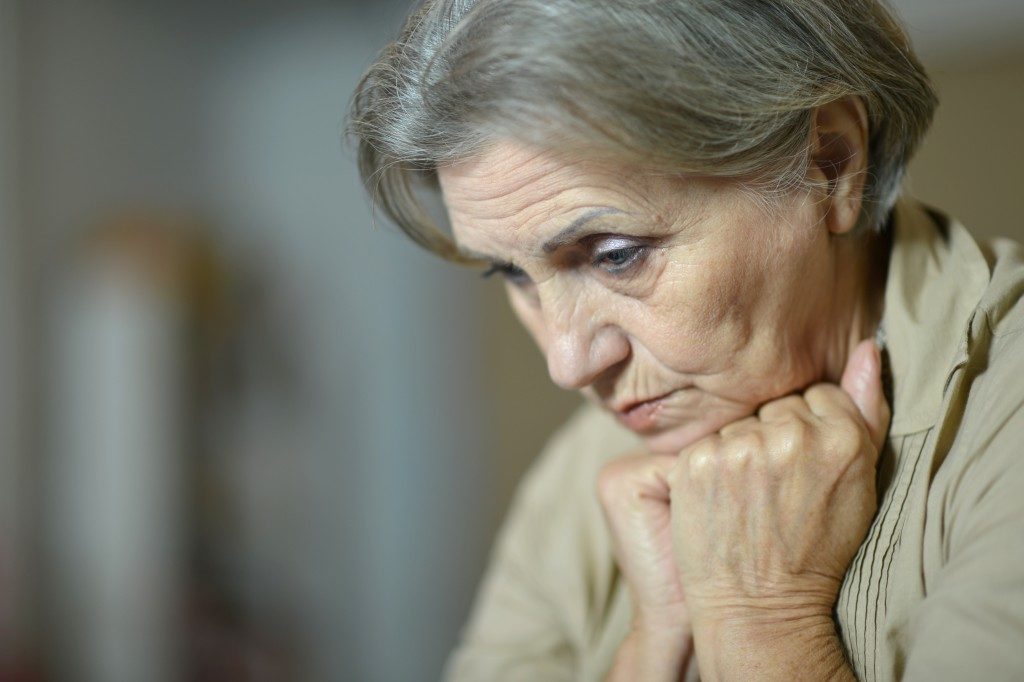Disclaimer: Miele Guide. This site provides fashion and lifestyle content for informational purposes only.
It’s painful to see an aging loved one lose memories to dementia, but it’s a different kind of pain when you see them lose their grip of reality. As the disease progresses, many patients start to believe things that aren’t true: the police trying to track them down, a stranger in the house wanting to harm them, or you stealing from them or putting poison on their food. Paranoia.
When an elderly loved one falls into this pit of endless suspicions, caregiving becomes more difficult, not only because you see the effects of the disease in the flesh but also because you struggle not to take things personally. It’s important that as you help your loved one during this time, you don’t forget self-care either.
The Reason Behind the Suspicion
Delusions refer to beliefs in things that aren’t real. This symptom happens during the middle to late-stage dementia. Professionals from a nursing home in Davis County explain that what fuels this change in thinking is confusion and memory loss.
For instance, your relative may have forgotten where they put their eyeglasses, and so they may believe that someone stole it from them. Or, they may fail to remember the directions you told them, and so they may think that you’re trying to trick them. They could also forget that you’re the caregiver; that’s why they won’t take the meds you’re giving because you’re a stranger to them.
In other words, your loved one gets paranoid to express their sense of loss. They blame you and the others around you because they can’t think of a more rational explanation for it.
If your loved one is experiencing severe paranoia where they think their life is in danger, you have to see the doctor immediately. Often, physicians recommend non-drug interventions, like creating a calm home environment to reduce triggers. But if that doesn’t help, antipsychotic medications are prescribed.
Note though that these drugs may increase the risk for stroke, so you should be able to follow exactly your doctor’s instruction for use. As you try these medical interventions, don’t neglect to keep respectful communication with your loved one, too. Don’t try to argue with them. Give them simple answers to questions. Reassure them that they’re safe.
The Need for Caregiver Self-Care
 As you take care of your loved one though, understand that self-care is equally important. You can’t help your loved one if you yourself are falling apart. And it’s easy to fall apart in these situations when you’re at the front line of seeing your loved one break down.
As you take care of your loved one though, understand that self-care is equally important. You can’t help your loved one if you yourself are falling apart. And it’s easy to fall apart in these situations when you’re at the front line of seeing your loved one break down.
Be aware of the risk of falling into caregiver burnout. Be familiar with the symptoms. If you’ve been withdrawing yourself from friends and family, losing interest in hobbies you enjoyed before, feeling irritable always, and having trouble sleeping, you might need to take a rest from caregiving for a while.
Take advantage of respite care. Go on a vacation. Meditate near the beach or in the mountains. Reconnect with loved ones.
If the caregiving needs of your loved one have changed dramatically to the point of being unbearable, consider putting them in a nursing home. Ask your other relatives about it. Prepare to make that talk with your elderly loved one.
Is your loved one experiencing paranoia symptoms? Understand that it’s not them; it’s the disease. Help your loved one deal with it by helping first yourself cope with it.
